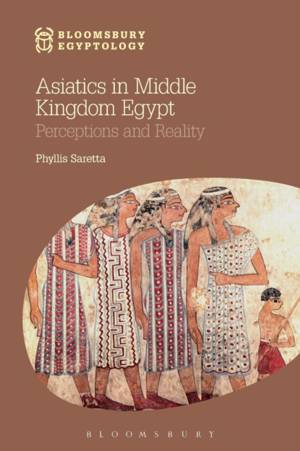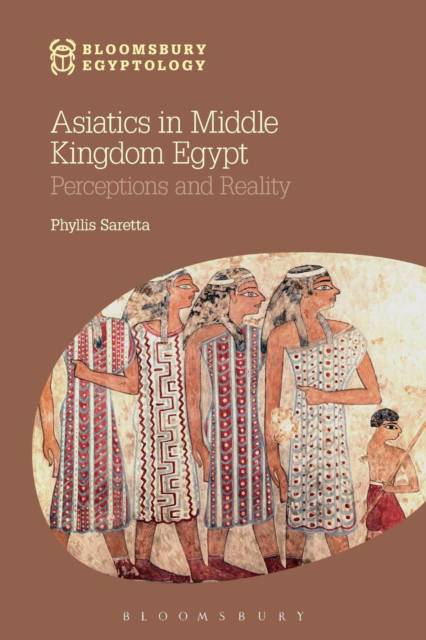
- Afhalen na 1 uur in een winkel met voorraad
- Gratis thuislevering in België vanaf € 30
- Ruim aanbod met 7 miljoen producten
- Afhalen na 1 uur in een winkel met voorraad
- Gratis thuislevering in België vanaf € 30
- Ruim aanbod met 7 miljoen producten
Zoeken
€ 89,95
+ 179 punten
Uitvoering
Omschrijving
The ancient Egyptians had very definite views about their neighbours, some positive, some negative. As one would expect, Egyptian perceptions of 'the other' were subject to change over time, especially in response to changing political, social and economic conditions. Thus, as Asiatics became a more familiar part of everyday life in Egypt, and their skills and goods became increasingly important, depictions of them took on more favourable aspects.
The investigation by necessity involves a multi-disciplined approach which seeks to combine and synthesize data from a wider variety of sources than drawn upon in earlier studies. By the same token, the book addresses the interests of, and has appeal to, a broad spectrum of scholars and general readers.
The investigation by necessity involves a multi-disciplined approach which seeks to combine and synthesize data from a wider variety of sources than drawn upon in earlier studies. By the same token, the book addresses the interests of, and has appeal to, a broad spectrum of scholars and general readers.
Specificaties
Betrokkenen
- Auteur(s):
- Uitgeverij:
Inhoud
- Aantal bladzijden:
- 328
- Taal:
- Engels
- Reeks:
Eigenschappen
- Productcode (EAN):
- 9781780932156
- Verschijningsdatum:
- 18/05/2017
- Uitvoering:
- Paperback
- Formaat:
- Trade paperback (VS)
- Afmetingen:
- 156 mm x 234 mm
- Gewicht:
- 458 g

Alleen bij Standaard Boekhandel
+ 179 punten op je klantenkaart van Standaard Boekhandel
Beoordelingen
We publiceren alleen reviews die voldoen aan de voorwaarden voor reviews. Bekijk onze voorwaarden voor reviews.







